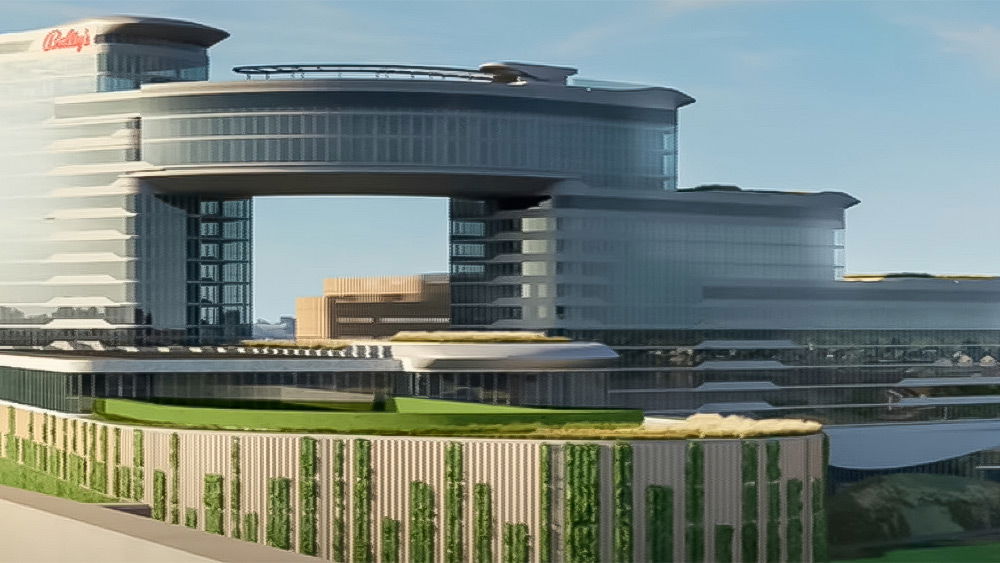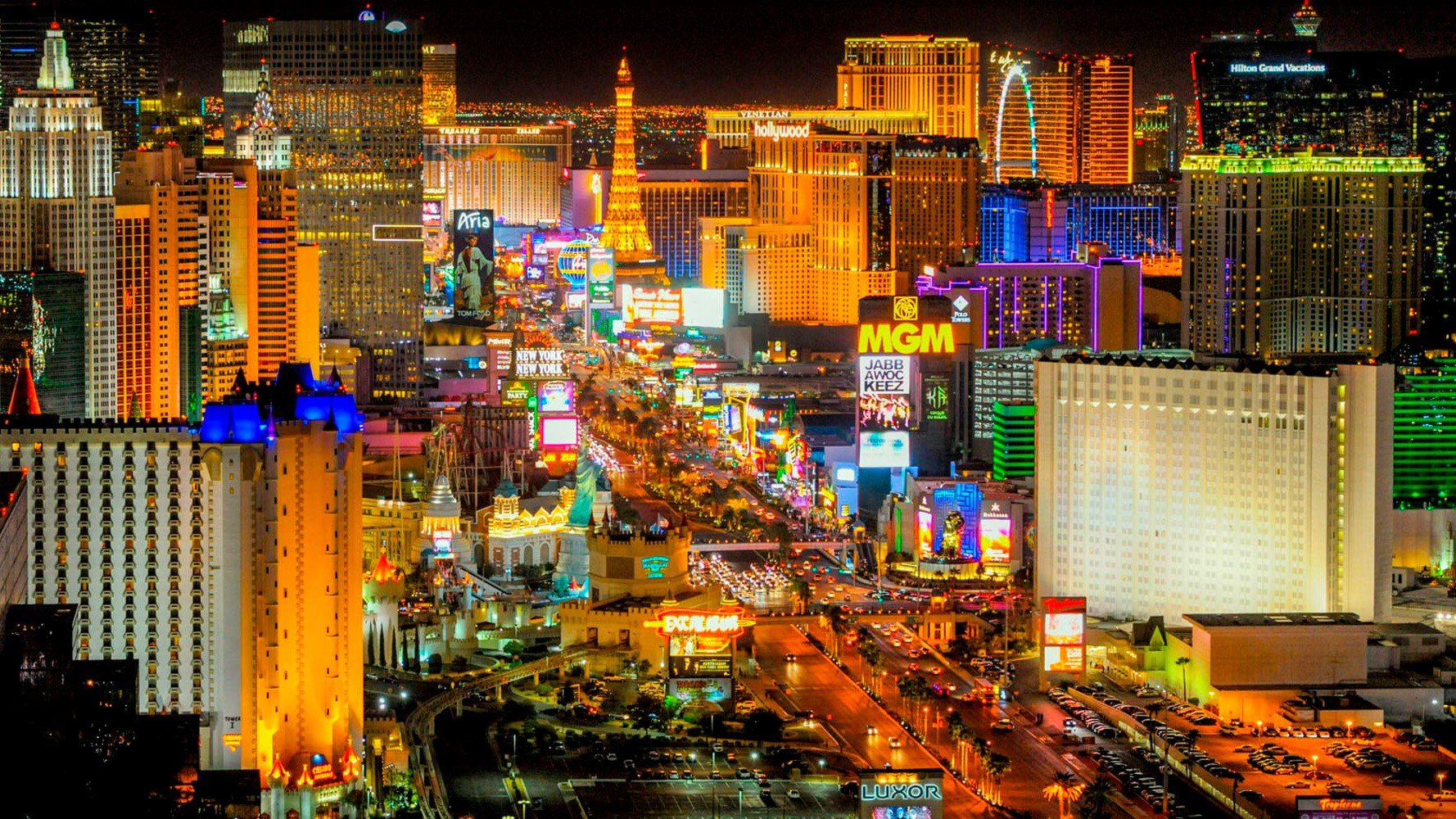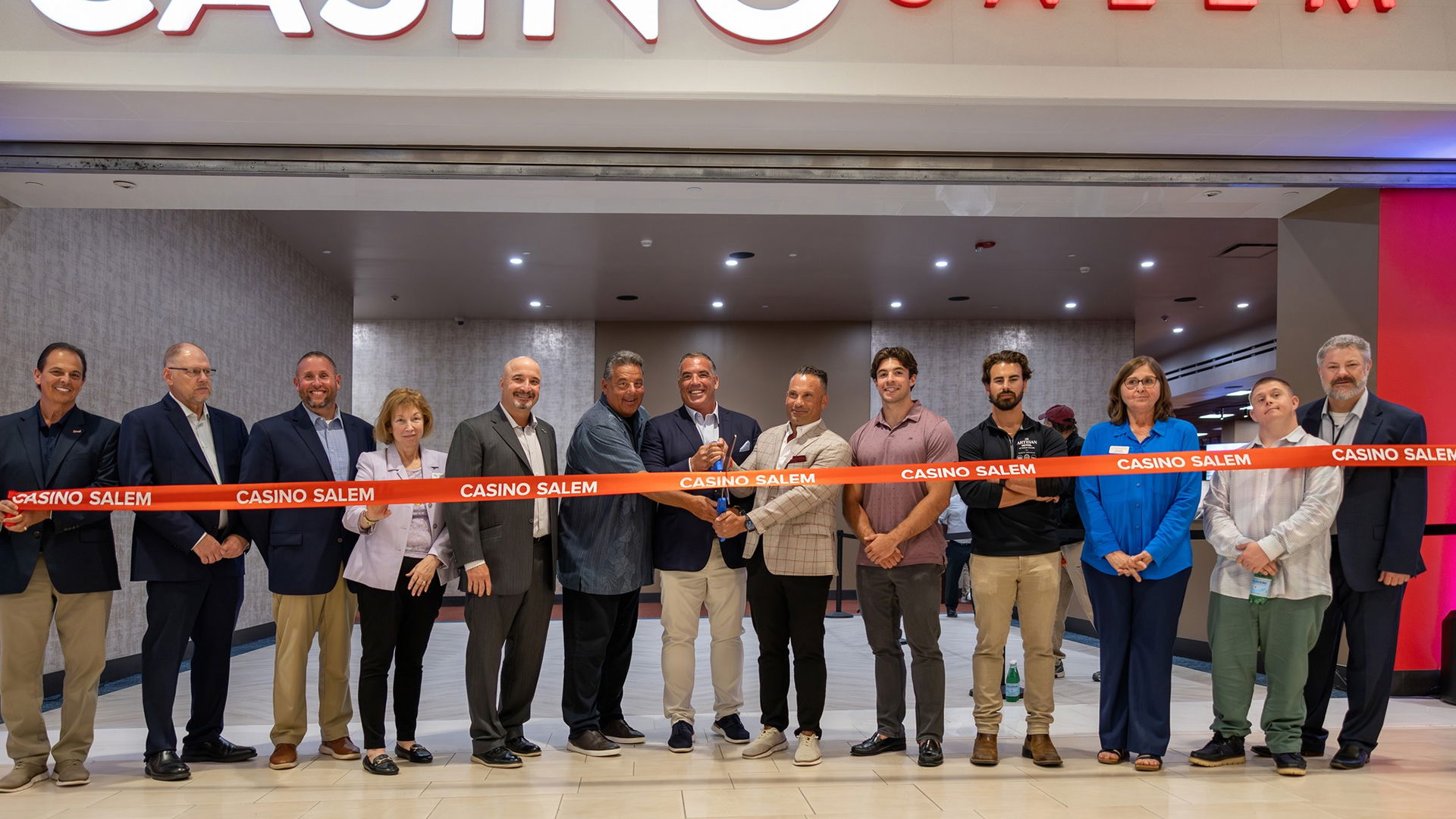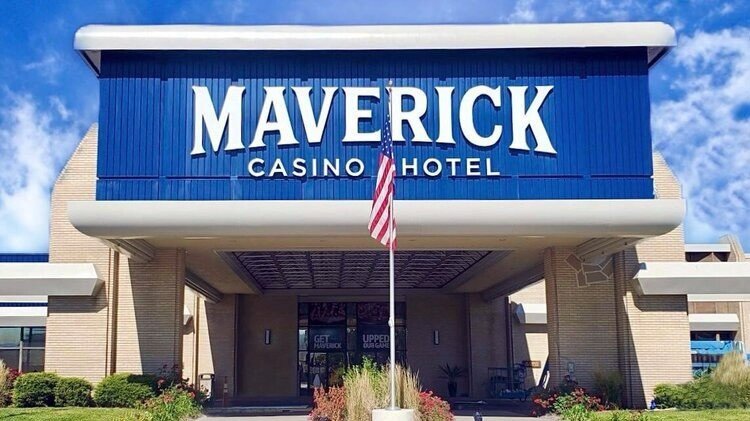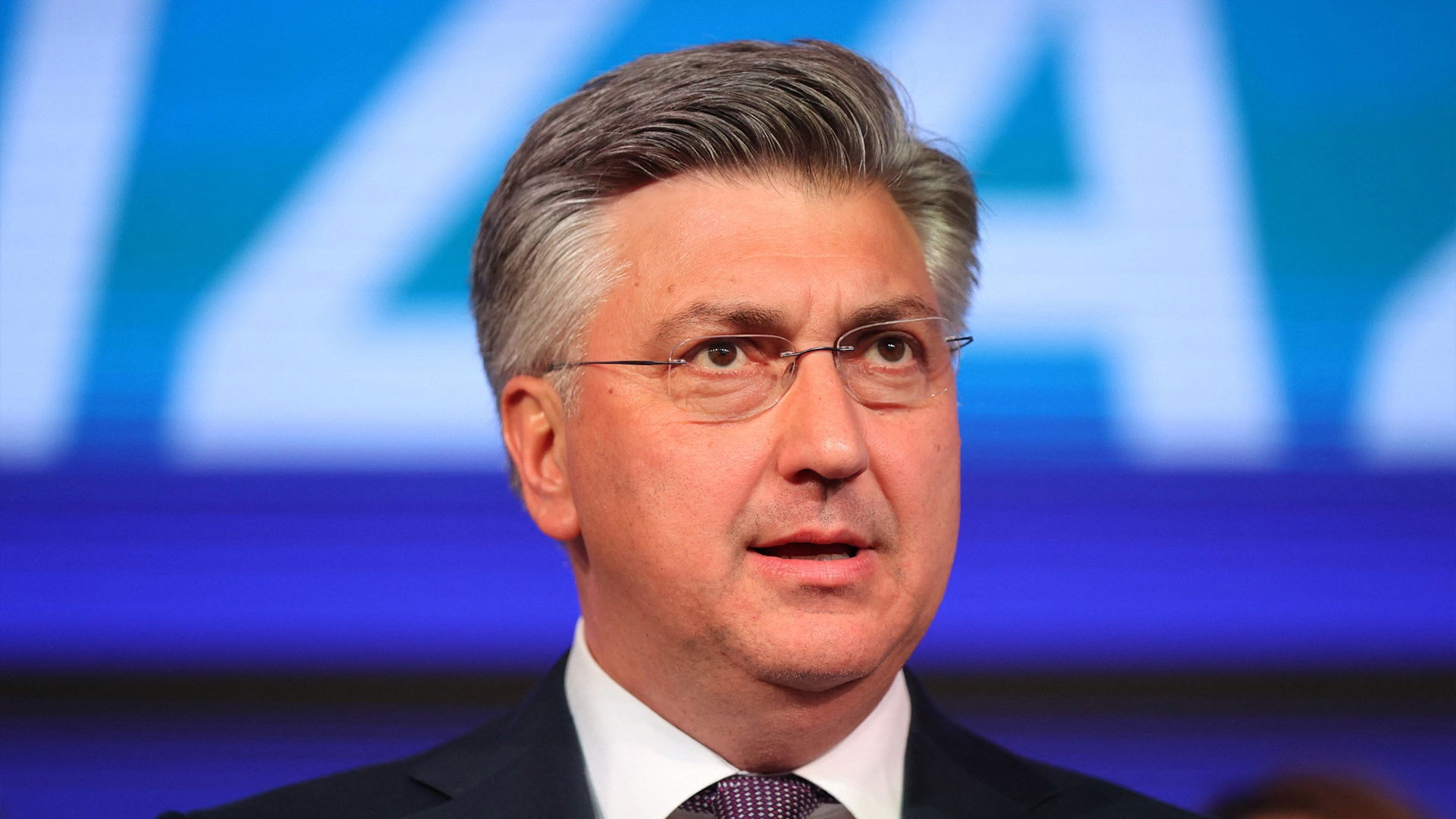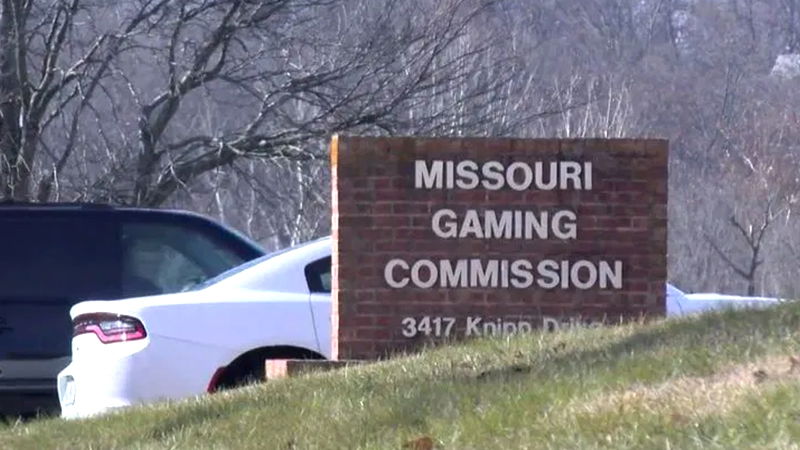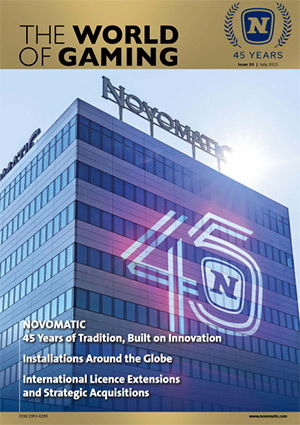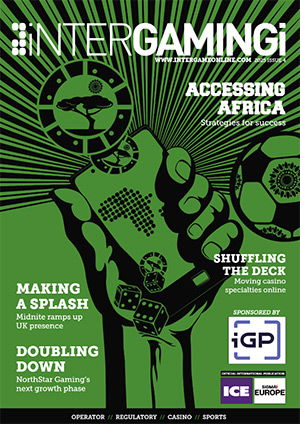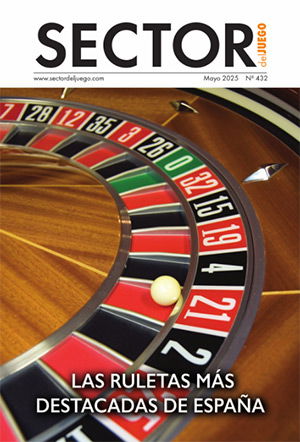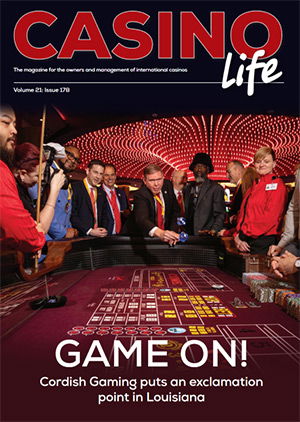Manitoba chiefs fire back at premier's rejection to Aseneskak Casino relocation plans
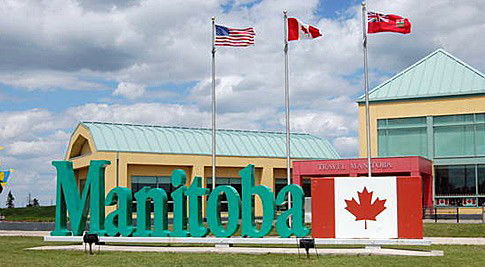
"In no uncertain terms is it acceptable for the Pallister government to undermine and unilaterally dismiss the Aseneskak Casino board request to relocate their casino," the Assembly of Manitoba Chiefs said in a statement Thursday.
It marks the chiefs’ formal response to Premier Brian Pallister rejecting plans to relocate the failing Aseneskak Casino to Winnipeg from The Pas.
Grand Chief Derek Nepinak said Thursday the premier’s decision to give his decision to the media before briefing the AMC aggravated the situation.
““If the province has a policy, they should be talking to us, rather than passing policy through the newspaper
”
The premier told the Free Press at a United Way fundraising event a week ago that chiefs’ plans to relocate the financially struggling casino wasn’t in the cards.
"The previous government expanded gambling more than virtually any other jurisdiction in the country and it hasn’t solved their social problems. In fact, I think it’s made many of them worse. So no, it’s not going to happen," Pallister told reporters, referring to First Nations and their role in the province’s gaming industry.
Pallister cited a 2016 provincial gaming study that concluded Manitoba’s casino market is oversaturated. He said he’d relayed that decision privately to chiefs. He spoke with the Southern Chiefs Organization, a group representing southern First Nations. AMC is the group that signed the gaming agreements.
““There’s a memorandum of understanding between the Aseneskak Casino and Peguis First Nation to relocate it to land near Assiniboia Downs, which is the focus of private talks between the province and the chiefs
”
Until the issue spilled into the public arena last week, the province had been "non-committal," Nepinak said.
The chiefs’ retort follows a three-day meeting of the provincial organization’s group of chiefs at Sand Hills Casino, another First Nations casino that’s also struggling financially. It’s located on Highway 5 south of Carberry, about 150 kilometres west of Winnipeg.
Nepinak said First Nations’ frustration goes way beyond the future of a single casino.
"There is a double standard being applied to First Nations gaming in Manitoba," Nepinak said.
"(Government) casinos are making $300 million a year… meanwhile our casinos are really struggling. First Nations are left on the fringe of gaming in the province," he said.
““I think the gaming monopoly is biased against First Nations, and the province is in a position of conflict of interest, he said
”
The province agreed to licence five First Nations casinos — a promise dating back to 1999 and former NDP premier Gary Doer. Both sides have repeatedly clashed over the deal since then.



